
Alexandre Alberto da Rocha de Serpa Pinto, Viscount of Serpa Pinto was a Portuguese explorer of southern Africa and a colonial administrator.
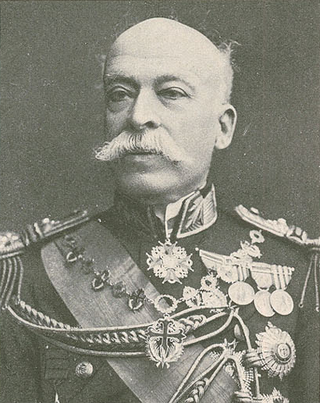
Hermenegildo de Brito Capelo was an officer in the Portuguese Navy and a Portuguese explorer, helping to chart territory between Angola and Mozambique in southern Central Africa that was unknown to Europeans in the 1870s and 1880s. Alongside Roberto Ivens, he is famous for being the first European to cross Central Africa from coast to coast between Angola and Mozambique.
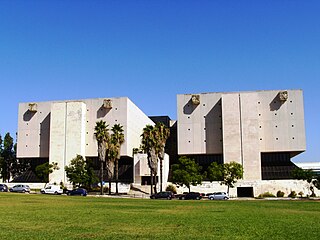
The National Archive of Torre do Tombo is the Portuguese national archive located in the civil parish of Alvalade, in the municipality of central-northern Lisbon. Established in 1378, it was renamed the Instituto dos Arquivos Nacionais in 2009.
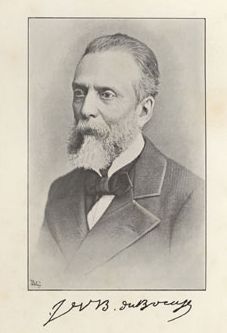
José Vicente Barbosa du Bocage was a Portuguese zoologist and politician. He was the curator of Zoology at the Museu Nacional de Lisboa in Lisbon. He published numerous works on mammals, birds, and fishes. In the 1880s he became the Minister of the Navy and later the Minister for Foreign Affairs for Portugal. The zoology collection at the Lisbon Museum is called the Bocage Museum in his honor.
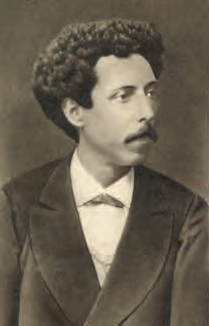
Dr José Tomás de Sousa Martins was a doctor renowned for his work for the poor in Lisbon, Portugal. After his death, a secular cult arose around his personality in which he is thanked for "miraculous" cures.
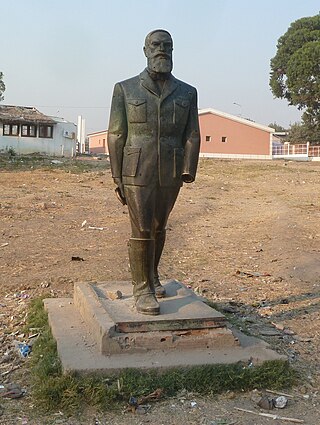
António Francisco Ferreira da Silva Porto was a Portuguese trader and explorer in Angola, in the Portuguese West Africa.
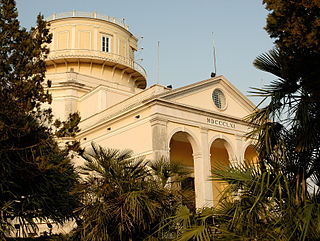
The Lisbon Astronomical Observatory is an astronomical observatory located in Tapada da Ajuda, in the civil parish of Alcântara, municipality of Lisbon. Recognized internationally for its quality of work in the field of positioning astronomy, in 1992, it became a dependency of the University of Lisbon, responsible for scientific and historical research, along with media relations.

The Coliseu dos Recreios is a multi-purpose auditorium located in Lisbon, Portugal.
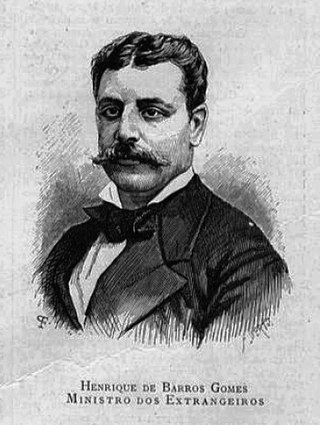
Henrique de Barros Gomes, was a Portuguese politician, member of the Progressive Party, who assumed the functions of director of the Bank of Portugal, Minister of various Ministries during Regeneration Era politics and member of the Geographic Society of Lisbon, as well as diverse national and international awards of merit. He was noted for his role during the colonial crisis associated with British Ultimatum.
The Portuguese Faculdade de Ciências Sociais e Humanas is an organic unit of the Universidade NOVA de Lisboa (NOVA). According to its statutes, “the Faculty of Social and Human Sciences of NOVA University of Lisbon is an institution dedicated to education, scientific research and cultural creation". The Faculty's own identity stems from the coexistence of social sciences with humanities, allowing an unusual interdisciplinarity in the Portuguese higher education panorama.
Augusto Carlos Teixeira de AragãoComA • CavC • CavA • CavTE was a Portuguese officer, doctor, numismatist, archaeologist and historian. As an officer of the Portuguese army, he retired with the rank of general. Teixeira de Aragão is considered one of the "fathers" of Portuguese numismatics.
The following is a timeline of the history of the city of Lisbon, Portugal.
Manuel João Mendes Silva Ramos is a Portuguese anthropologist, artist and civil rights advocate. As an author, he is widely held in libraries worldwide.
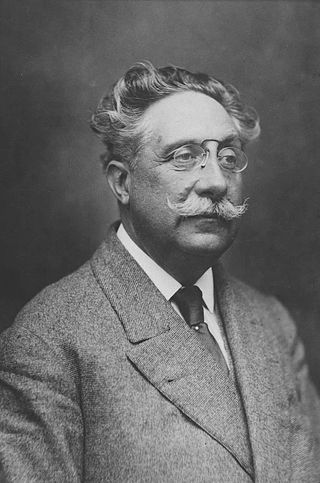
João José Vaz was a Portuguese painter and decorator who specialized in maritime subjects.
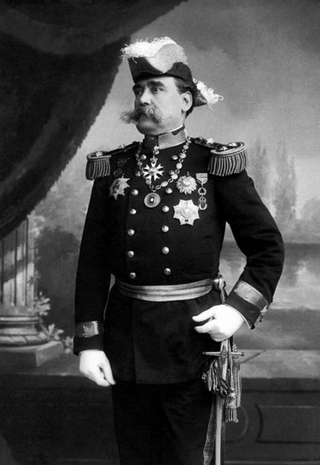
Joaquim José Machado, locally known as Conselheiro (Councillor) Joaquim Machado or Major MachadoGCC • GOA • ComA • OSE, was a military officer, engineer and a Portuguese politician.
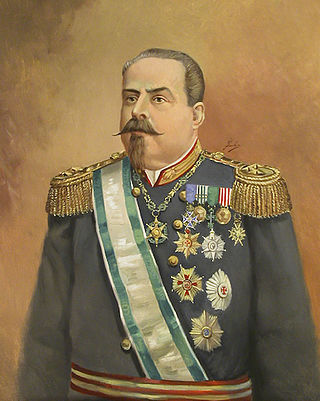
Francisco Maria da CunhaGCA • ComTE • ComC was a military, political and Portuguese colonial administrator. Among other prominent roles, he was Governor of Portuguese India and Governor-general of Portuguese Mozambique, deputy and Peer of the realm.

The Sociedade Propagadora dos Conhecimentos Úteis of Lisbon, Portugal, formed in 1837. The group produced a weekly illustrated magazine, O Panorama, intended for the general interest reader and priced relatively affordably. According to the society, some copies were also distributed free of charge to charities such as Casa Pia orphanage and Casa de Expostos. Editors included Alexandre Herculano, António Feliciano de Castilho, and António de Oliveira Marreca. Other contributors included Rodrigo Jose de Lima Felner.
Léon Paul Choffat was a Swiss-born geologist, noted as a stratigrapher and paleontologist, who distinguished himself as a study of the pioneer of paleontology of the Jurassic and physical geography of Portugal. Having started his career as an associate professor of animal paleontology at the Federal Polytechnic School of Zurich, From 1878 he settled in Portugal, where he spent most of his scientific career and where he died. He is considered a key figure in the history of Portuguese Geology, whose studies are still relevant to the knowledge of the geology of Portugal.

The Camões Monument is a monument located in Luís de Camões Square in the Chiado neighbourhood of Lisbon, Portugal. The monument comprises a tall bronze statue of Luís de Camões, the national poet, on a lioz limestone pillar surrounded by eight smaller statues of leading figures of Portuguese culture and literature in the Age of Discoveries: Fernão Lopes, Pedro Nunes, Gomes Eanes de Zurara, João de Barros, Fernão Lopes de Castanheda, Vasco Mouzinho de Quevedo, Jerónimo Corte-Real, and Francisco de Sá de Meneses.
António Pereira Cândido de Figueiredo, usually referred to as Cândido de Figueiredo was a Portuguese lawyer and civil servant by trade who later became well-known as a writer, lexicographer, grammarian, and philologist specializing in the Portuguese language.
















